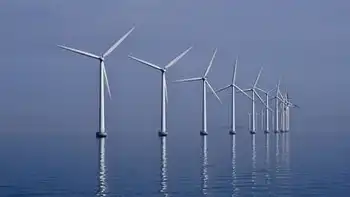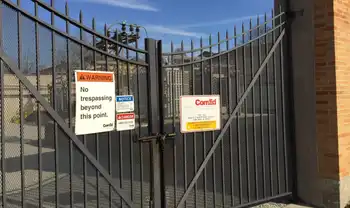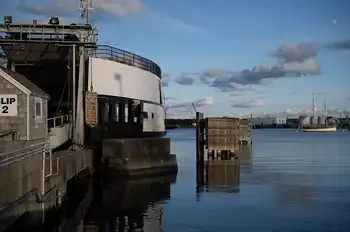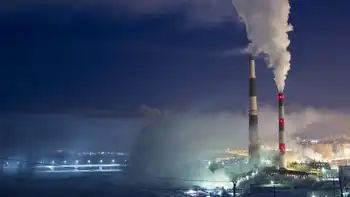Power line incentive urged
Madison -- - More incentives are needed to encourage property owners to host power lines in their backyards, an official with the utility that builds and runs the state's transmission lines said recently.
During a legislative hearing, American Transmission Co. called on the state to establish incentives that would pay property owners whose land is used to host power lines.
The proposal came shortly after the Pewaukee-based utility unveiled a $2.8 billion transmission construction plan over the next 10 years to beef up Wisconsin's constrained electricity network and add more lines to connect the state with the rest of the eastern United States power grid.
A 1999 state law authorized payments to communities that host power lines.
"We support an extension of that concept to landowners affected by transmission lines," said Jeff Rauh of American Transmission.
The ATC proposal was one of dozens floated in testimony at a joint hearing of the state Assembly and Senate energy and utility committees. The committees will sponsor proposals that they hope the Legislature will enact into law before the end of the year, said state Sen. Robert Cowles (R-Green Bay).
But American Transmission's proposal to create incentives for landowners drew criticism from Mike Stuart of Wisconsin Public Power Inc., a coalition of municipal utilities. Wisconsin's energy rates have already risen in recent years, well before the wave of construction envisioned by both American Transmission and We Energies, the state's largest utility.
Given those increases -- plus incentives already provided to communities -- Wisconsin needs to be cost-conscious, Stuart said. Payments to landowners should be capped at the property's fair market value, he said.
The legislative hearings were convened as the state evaluates responses to its own electricity reliability problems in the wake of the Aug. 14 blackout.
Wisconsin is home to the second-most constrained transmission line in the nation, running from Eau Claire to the Twin Cities, and the state has only four high-voltage power lines connecting it with other states.
The American Transmission plan would build a $420 million high- voltage power line from Wausau to Duluth, as well as a number of other major lines. By the end of the decade, the number of interstate power lines would rise to seven from four, Rauh said.
Nino Amato, executive director of the Wisconsin Industrial Energy Group, described the blackout as "a wake-up call for Wisconsin."
As Wisconsin works to beef up its reliability, however, it needs to keep the costs to residents in mind, he said. The state enjoyed the lowest rates in a 1997 comparison with rates in seven other Midwestern states, but Wisconsin's residential rates are now ranked fifth, and its commercial and industrial rates are ranked fourth, he said.
"We've lost our competitive edge, so cost is a factor," he said.
Amato also urged that the Legislature restore funding for energy efficiency programs, which were cut by more than one-third when the state Legislature adopted its biennial budget this summer.
Related News
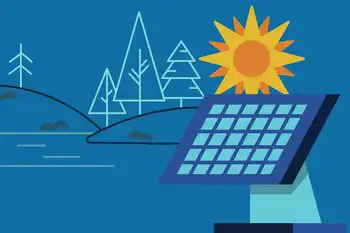
Nevada on track to reach RPS mandate of 50% renewable electricity by 2030: report
CARSON CITY - Nevada is on track to meet its Renewable Portfolio Standard of 50% of electricity generated by renewable energy sources by 2030, according to the Governor's Office of Energy's annual Status of Energy Report.
Based on compliance reports the Public Utilities Commission of Nevada has received, across all providers, about 20% of power is currently generated by renewable resources, and filings show Nevada's investor-owned utility and other power providers have plans to reach the state's ambitious RPS of 50% by 2030, according to the report released Jan. 28.
"Because transportation and electricity generation are Nevada's two largest contributors to greenhouse…

